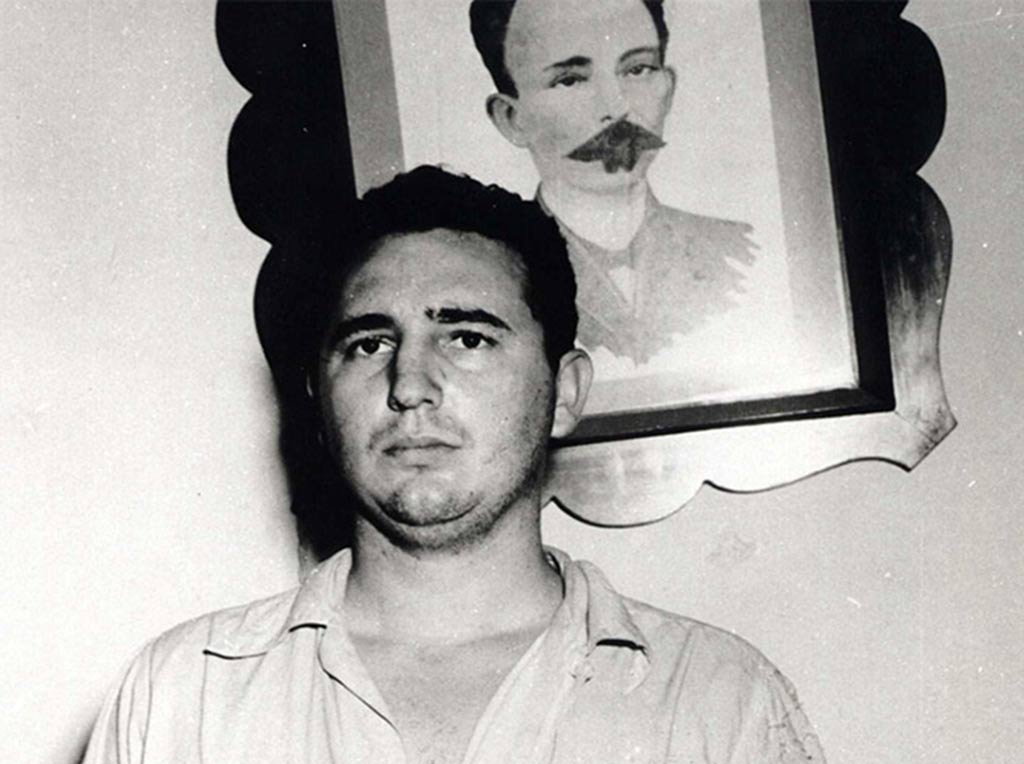
Havana, October 16 (RHC)-- Cuba today remembers the self-defense plea of the young lawyer Fidel Castro in the trial for the assault on the Moncada and Carlos Manuel de Céspedes barracks, 71 years ago, known as "History Will Absolve Me."
On July 26, 1953, the revolutionary leader led the attempt to take over those two military fortresses in eastern Cuba, which marked the beginning of the armed struggle against the tyranny of Fulgencio Batista (1952-1959).
By assuming his defense in the criminal proceedings for these events, Fidel Castro became the accuser of the dictatorship and denounced the crimes against the people of the island, and the cold-blooded murder of some 50 young people who had been captured in the action.
"There was no killing for a minute, an hour or a whole day, but for a whole week; the beatings, the torture, the throwing from rooftops and the shooting did not cease for an instant, as an instrument of extermination handled by perfect artisans of crime," he said.
"The Moncada barracks became a workshop of torture and death, and unworthy men turned the military uniform into butchers' aprons," he added.
The speech, later printed for clandestine dissemination under the title HISTORY WILL ABSOLVE ME, was the presentation of the political agenda of the new stage of struggle against the Batista dictatorship.
The text pointed out the ills of Cuba at that time, summarized in six fundamental problems: land, industrialization, housing, unemployment, education and health, and they were part of the program of transformations of the revolution that triumphed on January 1, 1959.
Referring to the document, from the prison on the Isle of Pines, where he was confined, Fidel Castro wrote: "Its importance is decisive; it contains our program and ideology, without which it is not possible to think of anything great."
In addition, the full denunciation of the crimes that have not yet been sufficiently disclosed is the first duty we have to those who died, he noted. (Source: Prensa Latina)

